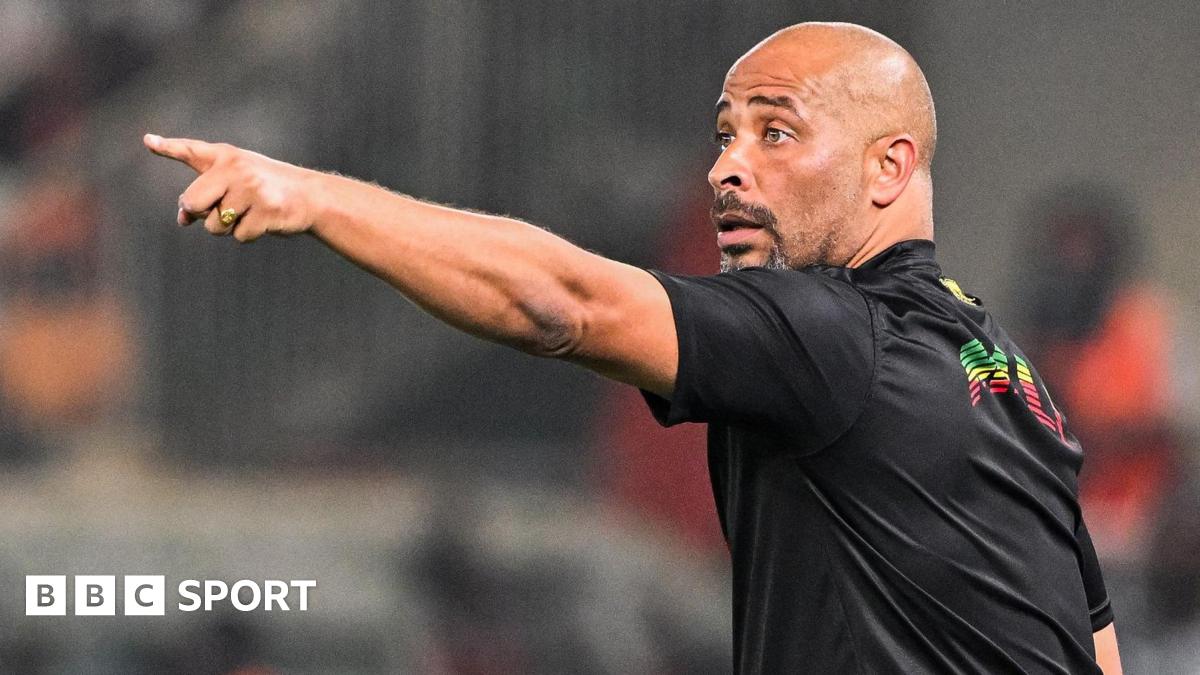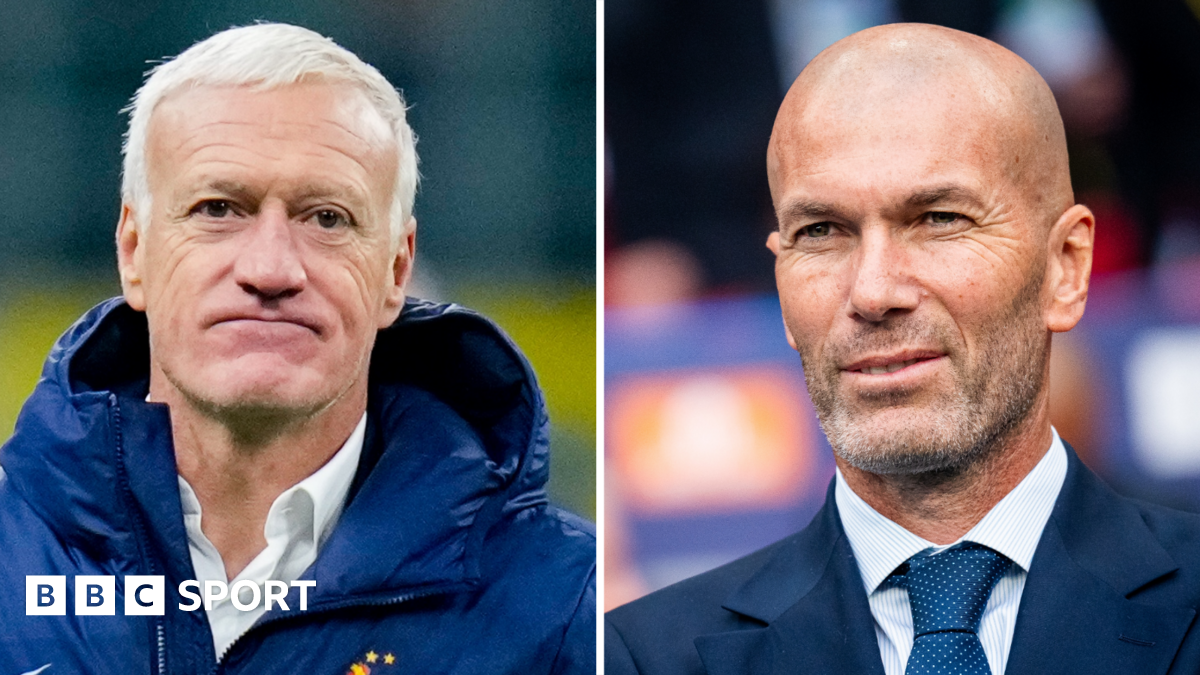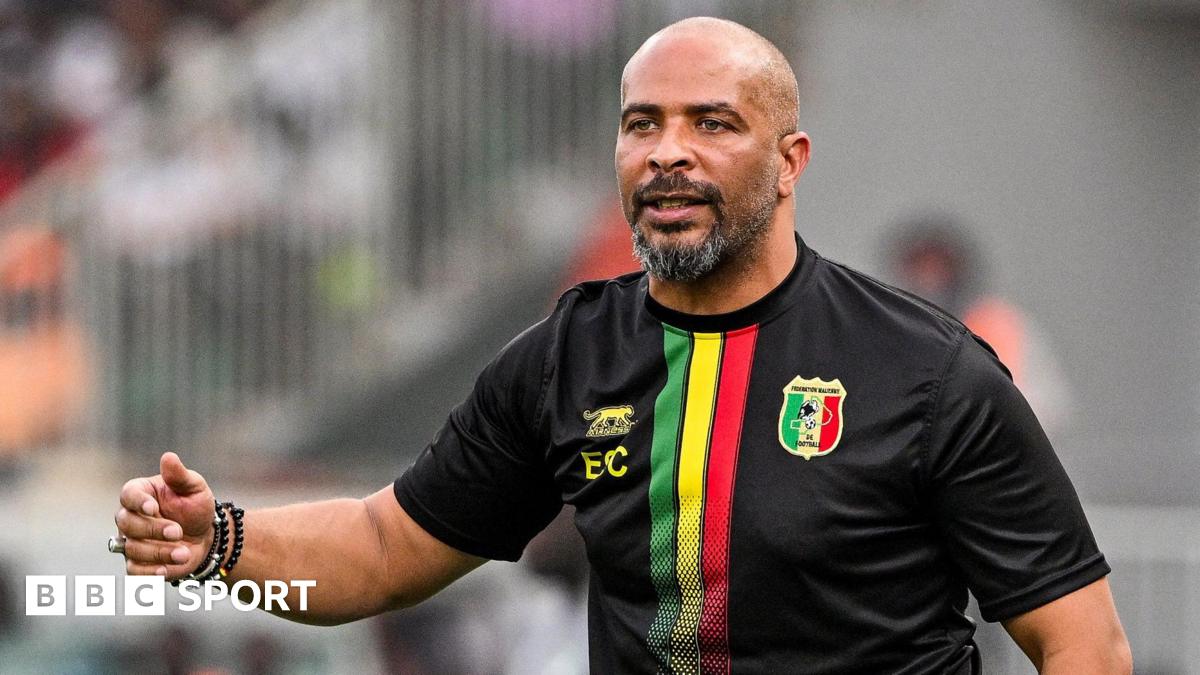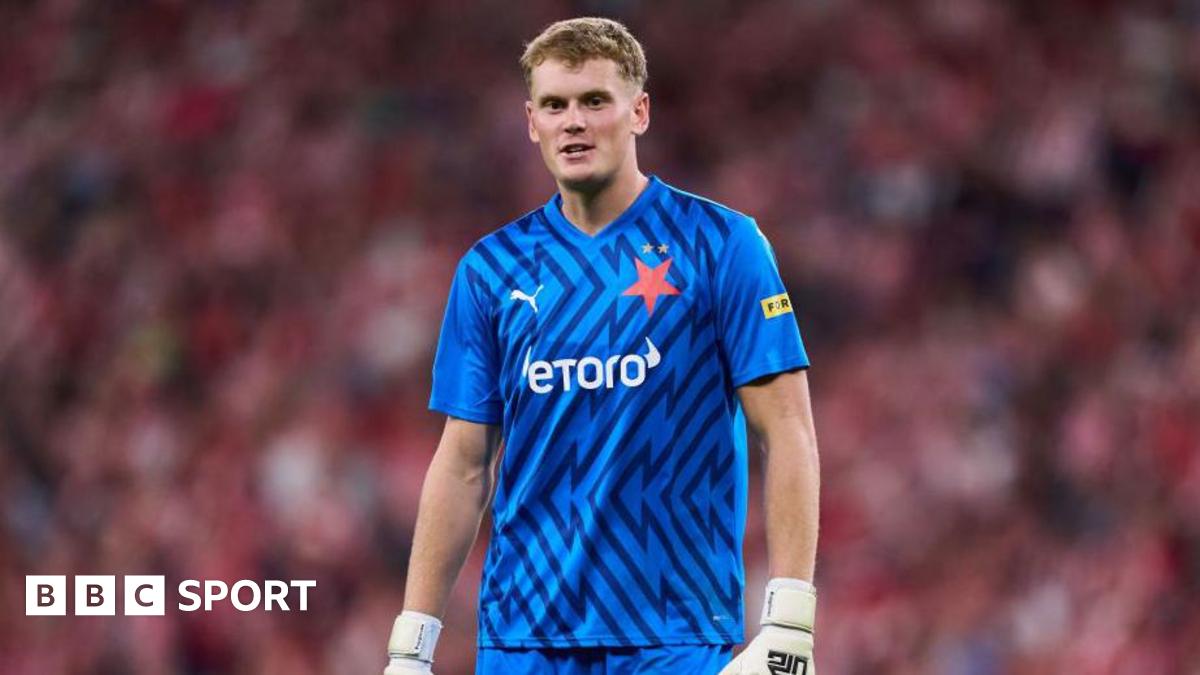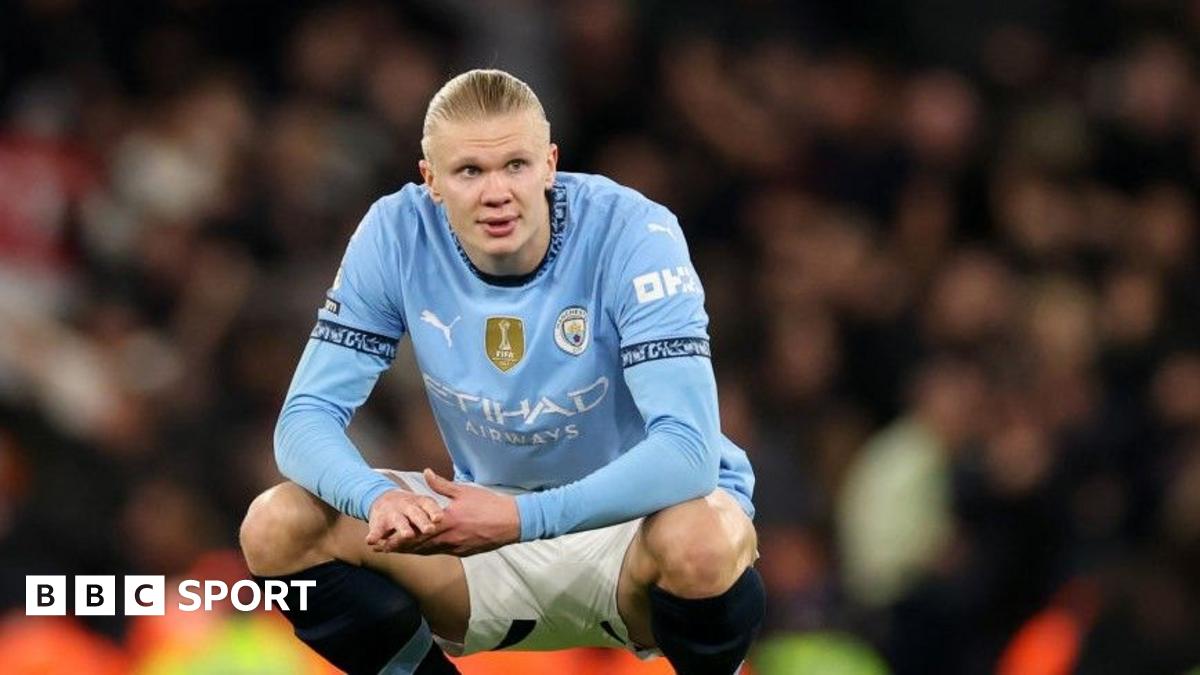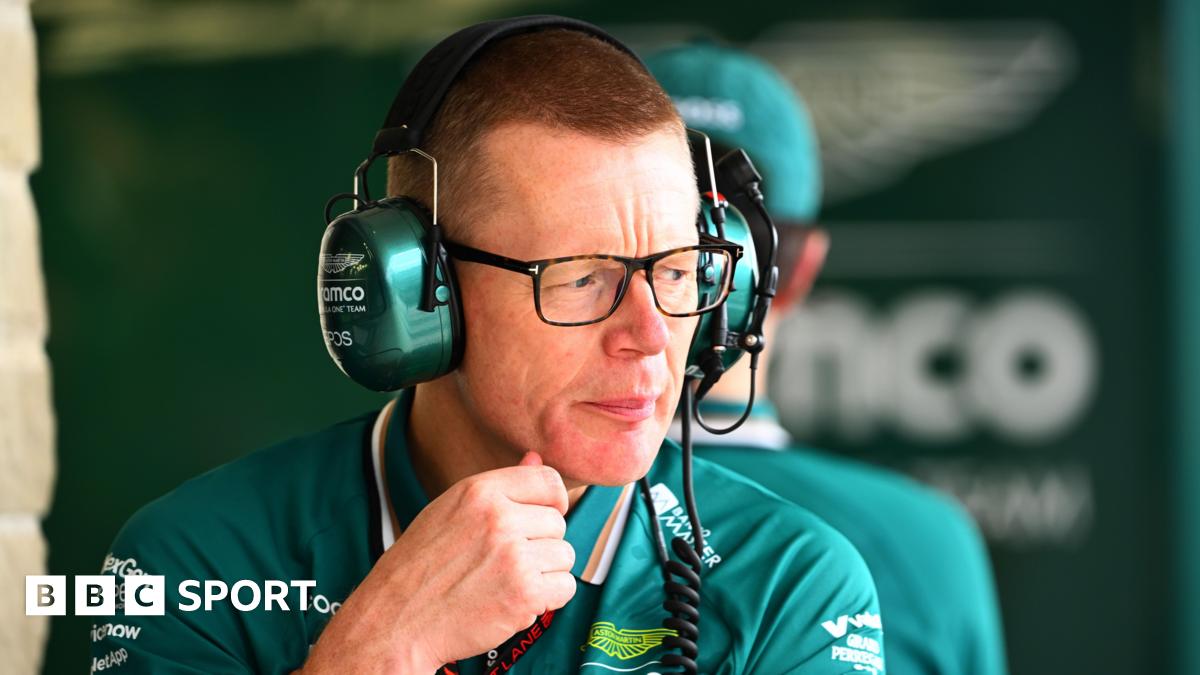Senegal are the most likely winners according to the model, with a 12.8% chance, just ahead of hosts Ivory Coast (12.1%), who are attempting to win the trophy for a third time, after 1992 and 2015. The last host nation to lift the trophy were Egypt in 2006 – with just two-third place finishes (Ghana in 2008 and Cameroon in 2021) the best result among the past nine countries to host or co-host the competition.
Morocco (11.1%) are given the third-best chance of winning by the predictor model. They are seeking their second Afcon title, having won it in 1976, but they have not got past the quarter-finals in their past seven Afcon appearances, since losing the 2004 final 2-1 to Tunisia.
Algeria (9.7%) are the fourth-most likely winners, with Egypt fifth (8.5%). For Algeria, the chances of victory are boosted potentially by an easier group than some of the other top contenders, giving them the highest probability of reaching the last 16 (91.5%).
Can Egypt – the record seven-time Afcon champions – avenge the heartache they suffered in losing the 2021 final to Senegal on penalties? If so, it will be their first title since 2010.
Mohamed Salah was just a teenager back then – having suffered defeat in the final in both 2017, he will be desperate to win his first Africa Cup of Nations. Egypt have a 16% chance of at least reaching another final this year.
Rounding off the top seven teams in Opta’s predictor model are three-time Afcon winners Nigeria (1980, 1994 and 2013) and five-time champions Cameroon (1984, 1988, 2000, 2002 and 2017). Nigeria have an 8.1% chance of lifting the trophy, Cameroon 7.5%.
Both countries are heavyweights of African football, and both have potent goalscorers. Victor Osimhen, the 2023 African Footballer of the Year, scored 10 goals in qualifying for Nigeria, at least five more than any other player. The Super Eagles scored 22 overall – seven more than any other side.


